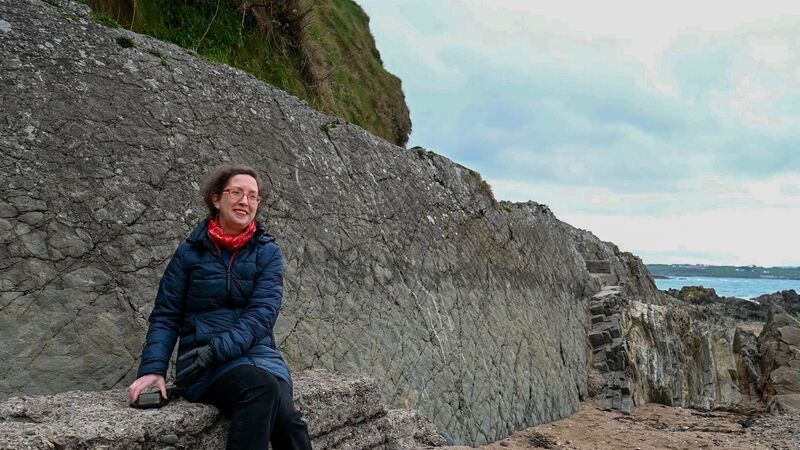We are so close to eliminating cervical cancer in Ireland

Dr Sarah Fitzgibbon: 'Being told you have cancer is one of the worst experiences that can happen to you, because at that moment you automatically think about all the worst-case scenarios.' Picture: Chani Anderson
No one is sure why so many people like me, under the age of 50, are being diagnosed with bowel cancer. The numbers are increasing rapidly and for most of us, it is not easily treated. Young people are dying from bowel cancer in higher numbers than ever before.
But there is a cancer the numbers of which are diminishing rapidly. A cancer that has always affected younger women more than older ones, and that has invariably been deadly once it reaches a certain stage.
















